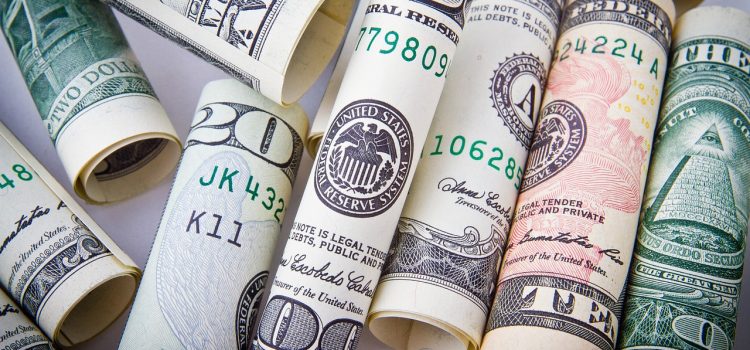
Amidst the turbulence of economic uncertainty, we often look to big banks and financial institutions for guidance. But did you know that small US banks are also playing a crucial role in providing a lifeline to businesses and individuals during these uncertain times? In this blog post, we’ll explore how these community-focused banks are stepping up to support their customers and boost local economies when it matters most. So buckle up, because by the end of this article, you’ll have a newfound appreciation for the power of small banking!
What are small US banks?
In the United States, small banks are defined as those with assets under $10 billion. There are approximately 5,000 small banks in the US, accounting for about 20% of all banks in the country.
Small banks play a vital role in the US economy by providing financing to small businesses and entrepreneurs. They also tend to be more responsive to the needs of their local communities than large banks.
During economic downturns, small banks can provide a lifeline to businesses and households by continuing to lend money and help keep businesses afloat. This is particularly important in rural areas, where small banks are often the only source of financing for businesses and farms.
The personal touch that characterizes small banks is also an important factor in attracting and retaining customers. Small bank employees typically know their customers by name and have a good understanding of their financial needs. This level of service is not always possible at larger banks.
How do small US banks help during economic uncertainty?
In small towns across the United States, local banks are the lifeblood of the community. They provide financing for businesses, loans for families buying homes, and credit for farmers to purchase equipment. Local banks also help to stabilize the economy during times of uncertainty.
When the economy is struggling, small banks are often able to step in and provide much-needed support. They may offer special loan programs or lower interest rates to help businesses stay afloat. They can also work with families to restructure mortgage payments or provide personal loans to tide them over during tough times.
Local banks play a vital role in keeping the economy moving forward during difficult times. By working with businesses and families, they can help to ensure that everyone has access to the financial resources they need.
What are the benefits of using a small US bank?
Small US banks are nimble. They can make decisions quickly and without a lot of bureaucracy. This allows them to be more responsive to their customers’ needs.
Small banks also have a deep understanding of their local communities. They know their customers and what they need. This helps them provide the best possible service.
Finally, small banks are invested in their communities. They want to see their businesses and neighborhoods thrive. When you bank with a small bank, you can be confident that your money is being used to help make your community a better place.
Are there any risks associated with using a small US bank?
There are a few risks associated with using small US banks, but they are typically outweighed by the benefits. First, small banks may not have the same level of FDIC insurance as larger banks. Second, small banks may be less stable than larger banks and more likely to fail. However, during periods of economic uncertainty, small banks can provide a much-needed lifeline for businesses and individuals.
How to find a reputable small US bank
In order to find a reputable small US bank, there are a few things you can do:
1. Check with the Better Business Bureau (BBB) to see if the bank has any complaints against it.
2. Ask around for recommendations from friends, family, or colleagues who have used small US banks in the past.
3. Do some research online to read reviews of different small US banks.
4. Once you’ve narrowed down your options, contact the banks directly and ask questions about their products and services.
5. Make sure to compare offers from multiple banks before making a decision.
Conclusion
Small US banks are an invaluable lifeline during times of economic uncertainty. They provide a safe haven for individuals and businesses to protect their money from the volatility in the markets and offer access to credit when bigger institutions may not be willing or able. By understanding how small US banks work, we can harness their services to help buffer us against financial shocks in even the most uncertain of times.









